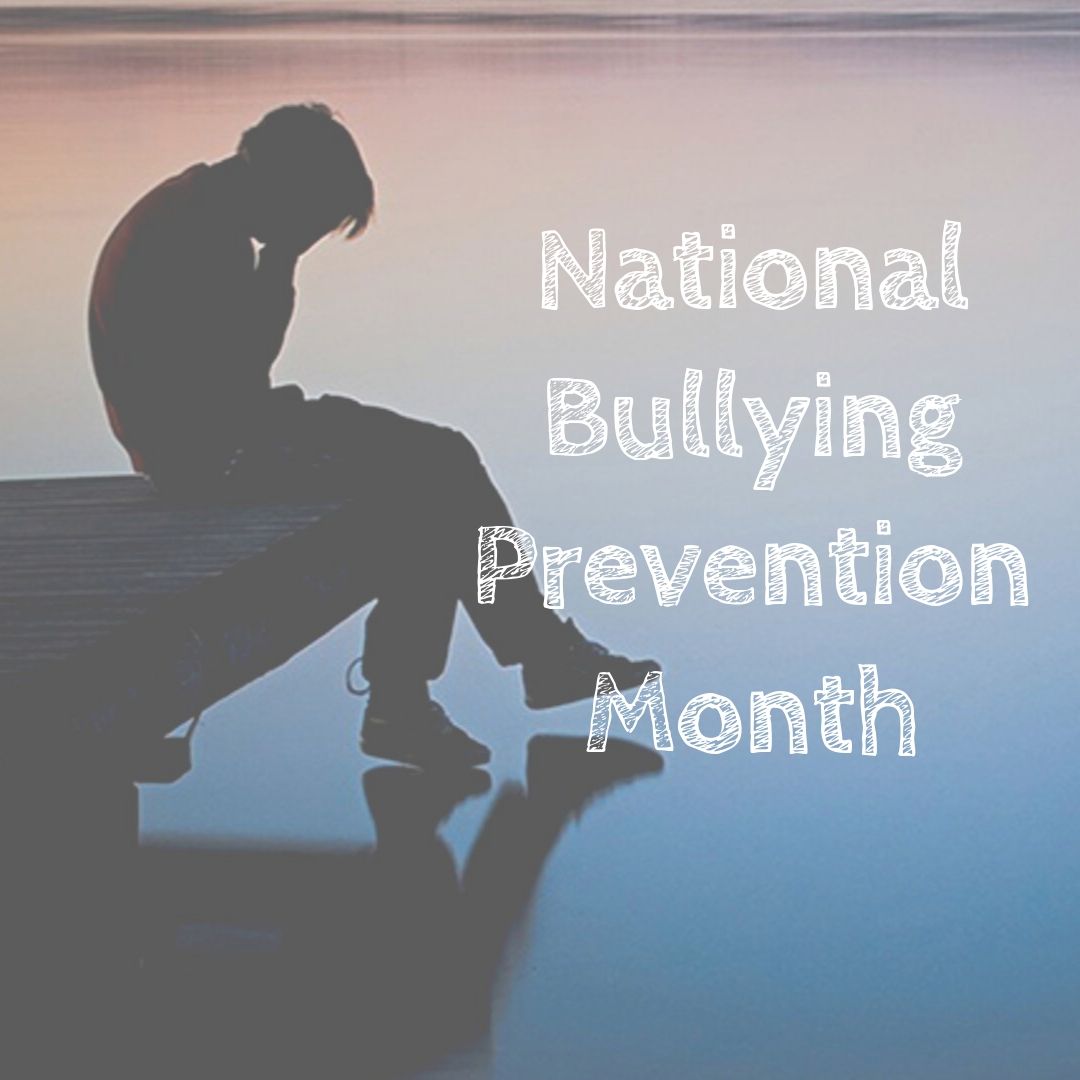I am constantly amazed at how many students plagiarize schoolwork. They feel no guilt, don’t understand the legal risk they face, and think the argument that “everyone does it” makes it OK. If you want to stop it–and every teacher I know does–you have to get at the reasons why kids think they can steal another’s work and call it their own. I was excited when Ask a Tech Teacher contributor, Milyn Anne, offered this article explaining the why behind plagiarizing:
 What Factors Influence Your Tendency to Plagiarize in School?
What Factors Influence Your Tendency to Plagiarize in School?
Plagiarism is everywhere, leading many teachers to believe that it has become a nationwide epidemic. While it’s not always easy to prevent plagiarism from occurring, knowing what factors influence a student’s tendency to plagiarize in school can help educators stay on top of this rising trend.
And if you’re a student, knowing the warning signs that may lead you astray is equally beneficial. Consider these top factors that cause students to plagiarize – and what you can do about it.
1. Psychological Factors
Many people believe that plagiarism is simply the direct cause of laziness, and while this may sometimes be true, there are underlying psychological factors that increase the likelihood of plagiarism -besides just a lack of motivation.
Here are just a few reasons why you might cheat:
- You have a fear of failure. Students who cheat often have a profound fear of failing in the classroom. They are afraid of losing their status and they may compare themselves to other students. The British Journal of Educational Psychology has produced multiple studies indicating that fear of failure determines the methods that students use to reach their goals – and that those methods often involve plagiarism. Not only that, but the fear of failure can produce other damaging psychological effects, such as a sense of hopelessness, an addiction to success, feelings of depression, and more.
- You are looking for a thrill. There is an underlying human urge to take from others what we covet for ourselves. We get a subconscious thrill when we copy others, and it releases chemicals in the brain that create feelings of happiness – chemicals like dopamine, oxytocin, serotonin, and endorphins, just to name a few.
- You are overly confident. This may sound contradictory, but students with overly large egos may be tempted to cheat because they think that either nobody will catch them or, if they do, they will be above any potential consequences. You might think there is nothing wrong with plagiarism or possess a false sense of security.
2. Peer Pressure

Everybody’s doing it, right? If you see your friends copying and getting away with it, what’s to stop you from doing the same thing? To make matters worse, we live in a world that emphasizes and encourages collaboration. Researchers studying trends behind plagiarism suggest that it is a modern idea, fueled by a student’s difficulty in differentiating between beneficial collaborative learning and harmful intellectual infringement.
3. Incongruent School Discipline
The consequences for plagiarism are either sparse or inconsistently administered depending on the severity of the infraction – or whether it’s even noticed to begin with. While some teachers are diligent about monitoring for plagiarism, others are less than attentive, with many students believing that their teachers don’t take the time to read their assignments at all.
Add to that the difficulty that schools have in policing plagiarism with the increased role of computers and technology in the classroom, and you have a serious problem on your hands.
4. Insufficient Understanding of Citation Methods
One of the most common reasons for plagiarism is a lack of understanding about how to properly do it. With a confusing array of citation techniques out there (APA, MLA, Chicago, Turabian…how can you keep them straight?) it can be a befuddling experience, to say the least, to differentiate between them.
Students often give up on proper citation because they believe it’s either not worth it to try and decode the multiple styles, they have trouble integrating source material into their own arguments, or they simply don’t see the point in collecting sources to begin with.
How Can I Stop Myself from Plagiarizing – Accidentally or Otherwise?
Be patient with yourself as you learn the ropes of citing your sources, because it’s certainly not an easy process. However, it’s important that you consistently polish your work and monitor it for any potential plagiarism. This won’t only make you a better writer, but it will make you more diligent across all areas of your work.
If you’re still stuck staring at the page, consider using a digital tool to help you out. This Free Plagiarism Checker Tool can help you learn the ropes of citing your sources, and it will make it easier for you to weed out any accidental copying in your writing.
Stick with it. Over time, you’ll become a better writer and a more creative thinker, and your plagiarism worries will be a thing of the past.
–this is a sponsored post
More on Plagiarism
Plagiarism: What it is and how to identify it
Quick Search for Plagiarized Images
Teaching Digital Rights and Responsibilities
Jacqui Murray has been teaching K-18 technology for 30 years. She is the editor/author of over a hundred tech ed resources including a K-12 technology curriculum, K-8 keyboard curriculum, K-8 Digital Citizenship curriculum. She is an adjunct professor in tech ed, Master Teacher, webmaster for four blogs, an Amazon Vine Voice, CSTA presentation reviewer, freelance journalist on tech ed topics, contributor to NEA Today, and author of the tech thrillers, To Hunt a Sub and Twenty-four Days. You can find her resources at Structured Learning.




































